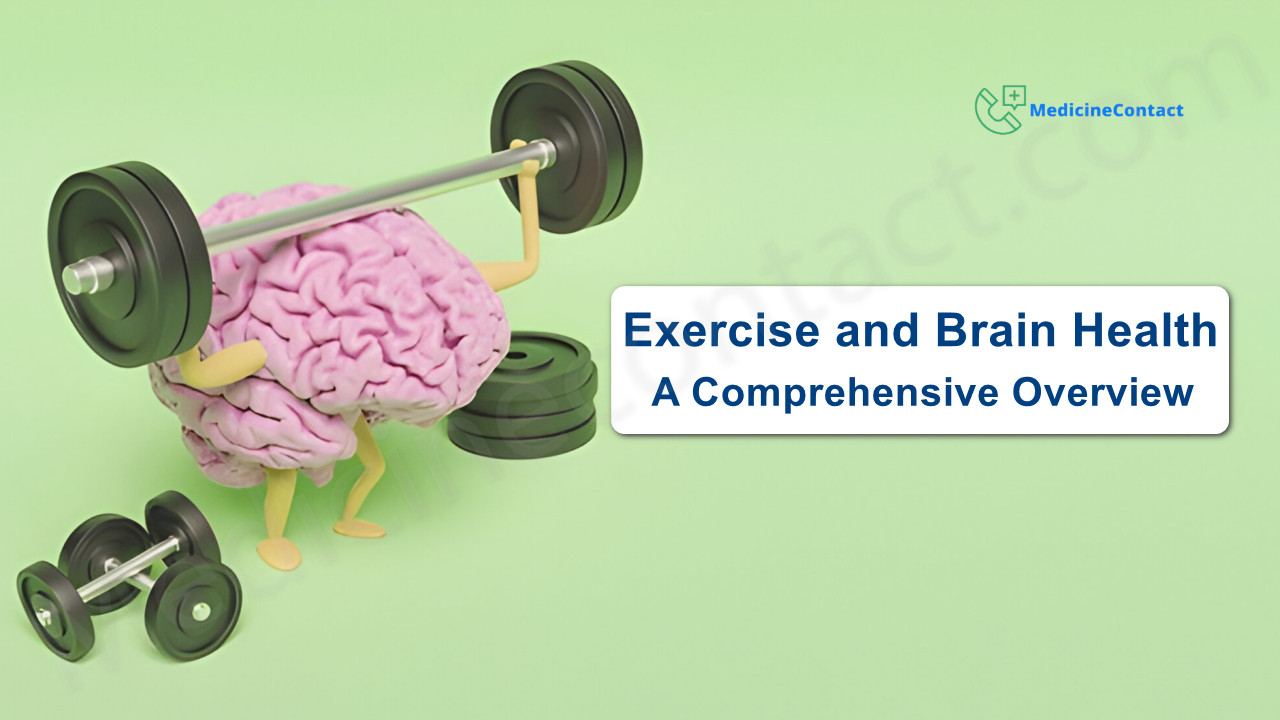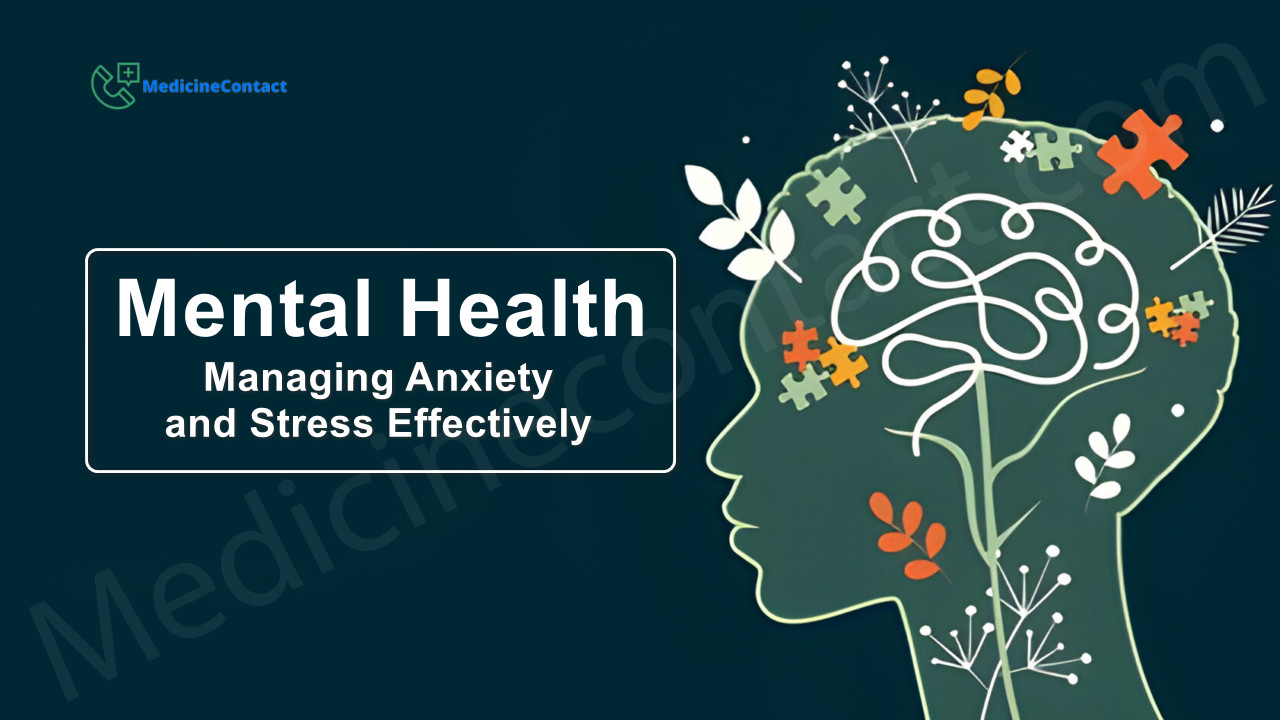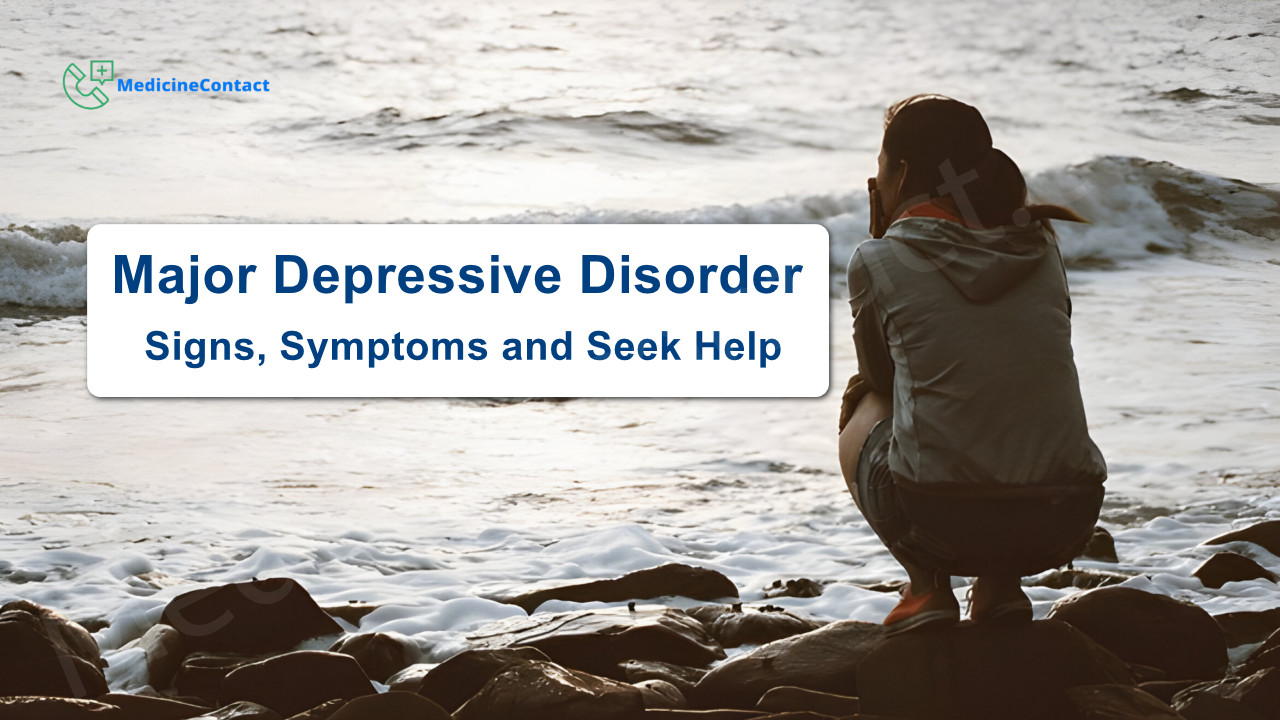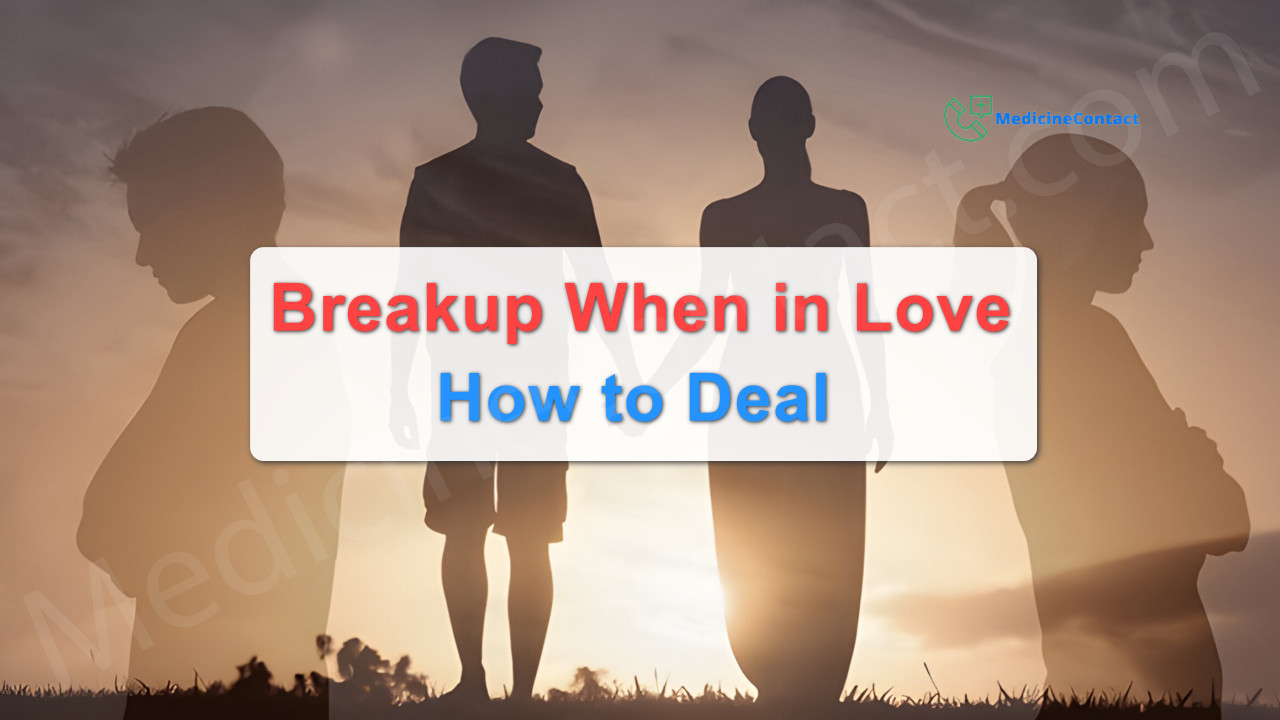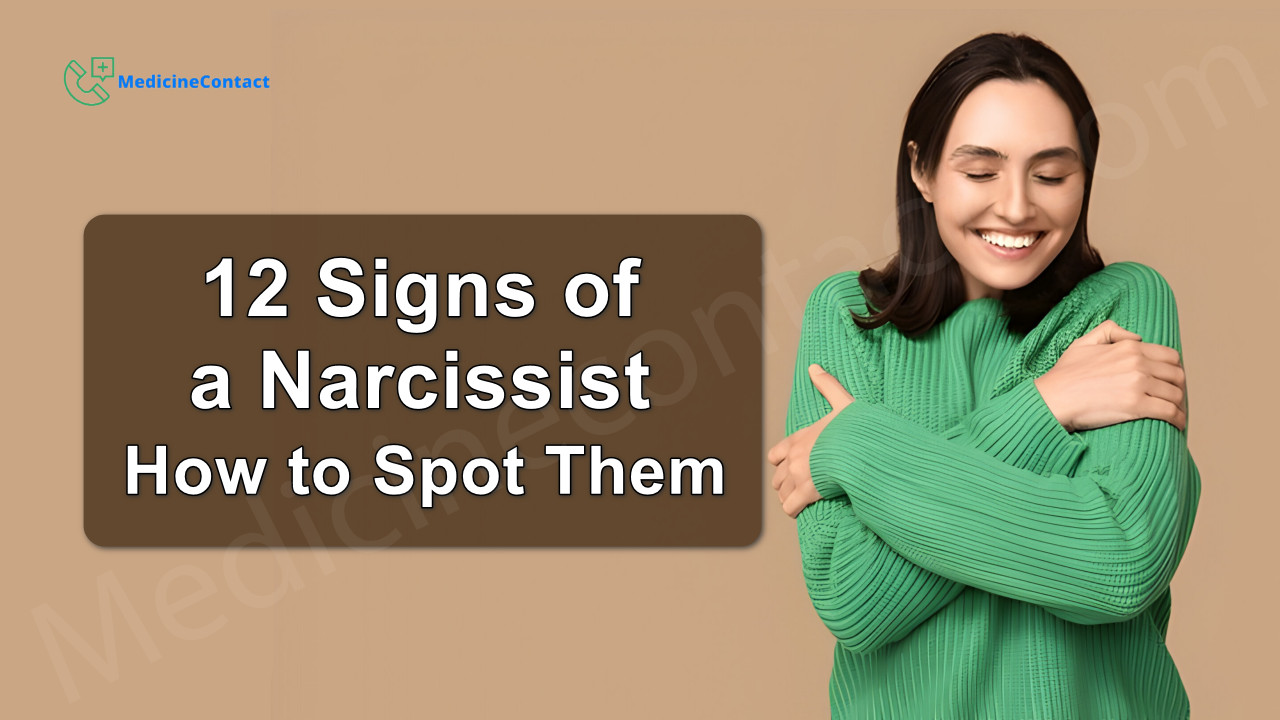
What is Toxic Empathy?
Empathy involves understanding and validating another person's thoughts, feelings, and experiences. Toxic empathy occurs when someone becomes so focused on alleviating another's pain that they neglect their own self-care needs.
Key Features of Toxic Empathy
People who struggle with toxic empathy tend to exhibit some common patterns of behavior:
- Getting excessively immersed in others' problems
- Letting others' emotions override their own boundaries
- Sacrificing their well-being to fix or please someone else
- Feeling guilt and shame if unable to help "enough"
This chronic other-focused empathy can leave a person emotionally, mentally, and physically drained over time.
Motivations Behind Toxic Empathy
Toxic empathy often stems from underlying issues like:
- People pleasing - Needing constant validation and appreciation from others
- Low self-worth - Feeling like your own needs are unimportant
- Trauma and abuse - Developing hypervigilance to others' moods to feel safe
- Guilt - Believing you should sacrifice your well-being to help or "save" someone
Differences From Compassion Fatigue
Compassion fatigue involves emotional and physical exhaustion specifically from caring for people with serious health or psychological conditions over an extended period. People in certain professions like healthcare, emergency response, counseling, etc. are most susceptible.
In contrast, toxic empathy can affect anyone in everyday relationships and social interactions. It stems more from an ingrained mindset versus external caretaking duties. The common thread is compromised well-being from another's suffering.
Impact of Toxic Empathy
Trying to empathize so fully with others at your own expense has consequences:
Emotional Burnout
You may start feeling:
- Drained, irritable, on edge
- Resentful towards needy people
- Overwhelmed and hopeless
- Depressed, numb, or disconnected
This emotional turmoil strains relationships. Outbursts or withdrawal from loved ones often follows.
Physical Fatigue
Excess stress hormones like cortisol flood and tire out bodily systems. Immunity suffers along with vulnerability to headaches, body aches, gastrointestinal issues, and frequent illnesses.
Unmet Needs
Ignoring personal needs for relaxation, healthy bonding, creativity outlets, etc. leaves you feeling lost. Significant problems may develop before you address the imbalance.
Enabling Harmful Behavior
Some people you try to empathize with excessively may struggle with addiction, abuse, or chronic victim mindsets. By sheltering them from natural consequences of their actions, you allow the cycles to continue.
Your well-intended empathy facilitates their self-destruction and inability to build coping skills. Any codependent dynamics risk hurting you both.
Developing Healthier Empathy Habits
The key is finding balance between caring for others and prioritizing your fundamental self-care needs first. Set boundaries aligned with your core values.
Tune Into Your Feelings
Check in often about your mental, emotional and physical state without judgment. Make note of any bitterness, sadness, anxiety, fatigue or other signs you may be giving too much of yourself away.
Reframe Perspectives
Consider how enabling harmful behavior perpetuates suffering. Help others help themselves throughcompassionate detachment.
Practice Self-Care
Eat nourishing foods, move your body, get quality rest, connect with supportive loved ones, engage in fun hobbies. Do whatever healthy activities leave you feeling replenished.
Set Healthy Boundaries
Be clear and direct about what behaviors you will/won't accept from others along with what limits you have on time and energy given.
Seek Professional Support
A therapist can help you get to root of unhealthy people pleasing or self-sabotaging tendencies. They support you in establishing empathy levels and relationships where everyone's needs get met.
With mindful effort, you can cultivate compassion for others coming from a place of inner stability rather than sacrifice. Prioritize self-care while also connecting with those struggling.
FAQs
Is toxic empathy a mental illness?
No, toxic empathy itself is not considered a mental illness. But it can contribute to conditions like anxiety, depression, codependency, and obsessive compulsive personality disorder.
What's the difference between empathy and toxic empathy?
Empathy involves understanding someone's experiences while still honoring your own boundaries and needs. Toxic empathy means getting excessively preoccupied trying to fix another's pain at the expense of your self-care.
What causes a person to develop toxic empathy?
Toxic empathy often stems from underlying issues like childhood trauma, low self-worth, guilt complexes, attachment anxiety, people pleasing tendencies and more.
How can you stop toxic empathy?
Start tuning into your own emotions and needs first. Then set clear boundaries around supportive behaviors you can reasonably sustain. Seek professional help to address roots of poor self-care habits.
Disclaimer: This article is for informational purposes only and does not constitute medical advice. Always consult with a healthcare professional before starting any new treatment regimen.
